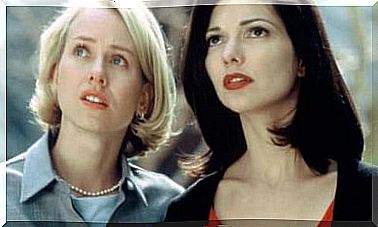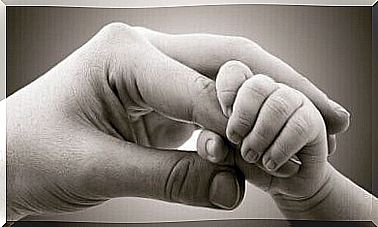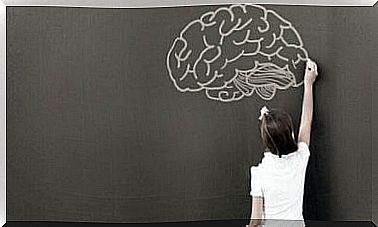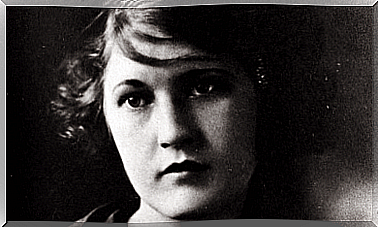We Are What We Eat But Also What We Read

We are what we eat, of course, but also every book we read, every story lived in this ocean of letters and every sensation felt on the back of a thousand and one novels. We are all the experience and all mentioned of each of these narratives which, with their characters, their battles and their majestic worlds, brought us a different type of happiness.
José Luis Borges said that paradise must be something that looked like an endless library. An idyllic image with which all those who see reading as a daily ritual to feed themselves to survive, to move forward, to learn and to be a little more free, will agree.
“The real university today is a collection of books.”
-Thomas Carlyle-
To say that we are also every book read is no exaggeration. In the trunk of our most significant childhood memories, are also these titles and these novels which marked our life, with a before and an after. We rarely relive with so much intensity, joy and pleasure the sensation of those first readings which inspired us so much.
This precocious foray into the world of fantasy, the forests of mystery, the oceans of adventure and the universes bordered by magic is embedded word after word, image after image in the deepest recesses of our emotional brain to determine much of what defines us today. We are therefore a large part of all that we have not seen with the eyes, but that we have felt through the heart and traced in our mind with the veils of the imagination and the oars of letters …

All the books that dwell deep in your brain
A study published in the journal “Journal of Business Administration” confirmed a fact that we all think is obvious but which is not always true. The university used to reading since childhood are much higher skills in critical thinking, creativity, reflection, metacognition and writing … However, what we do not see today, it ‘ is that our young people read but do not practice what is known as “deep reading”.
Deep reading is defined as that delicate, slow and enveloping process in which we immerse ourselves completely, where we read without haste, without external pressures, nor the need to rush or anticipate events as the pages go by. It is this exceptional capacity, thanks to which we become “one” with the book, capturing the richness of the text, until we reach a point where the simple decoding of words allows us to experience sensations and feelings. felt.
Through deep reading, we also capture the details of the text, the enjoyment of the storytelling and the skill of the writer. However, and this is where it is most interesting, according to experts, this type of reading promotes an incredible process in our brain: it synchronizes it. For example, the brain centers related to speech, vision and hearing harmonize through deep reading.
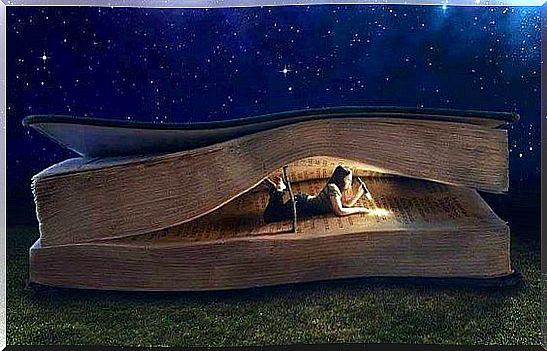
Broca’s area, responsible for perceiving rhythm and syntax, is intensely activated. Just like Wernicke’s area, related to our perception of words and their meaning. For its part, the angular gyrus, which regulates the perception and use of language, also benefits from greater connectivity. All these processes and many others generate an impressive cadence where deep reading provokes in us a whole merry-go-round of sensations and emotions which leave a permanent imprint in our brain.
It’s sensational!
The figure of the book in a world of distracted minds
According to an interesting article published in the “New York Times” , sales of adult books fell 10.3% last year. Those of children fell 2.1%. E-books fell a lot more, almost 28.1%. But here is the most incredible figure : digital audiobooks have increased by 35.3% and continue to rise.
“An open book is a talking brain. A closed book, a friend who waits. A forgotten book, a forgiving soul. A destroyed book, a crying heart. ”
-Hindu proverb-
Psychologists are well aware of what this phenomenon is due to. People today prefer to have the book read to them, rather than read it themselves. Our minds are more and more distracted, we need to do several things at the same time: look at the phone, update social networks, have a coffee, look up to watch TV, look at the metro arrival sign, read the inbox of our email address…
Plus, there’s another little detail that Stephen King recently pointed out: People have lost the pleasure of turning the pages of a book. They just have to listen to it to have their hands free and use their smartphone (hence his novel “Cellular”). All this means that in recent months, the sale of audiobooks has increased considerably. They’re great for multi-tasking, because you only need to put headphones in your ears to have your eyes and hands ready and willing to do a lot of other things. It is -apparently-perfect, but sadly sad, without a doubt.
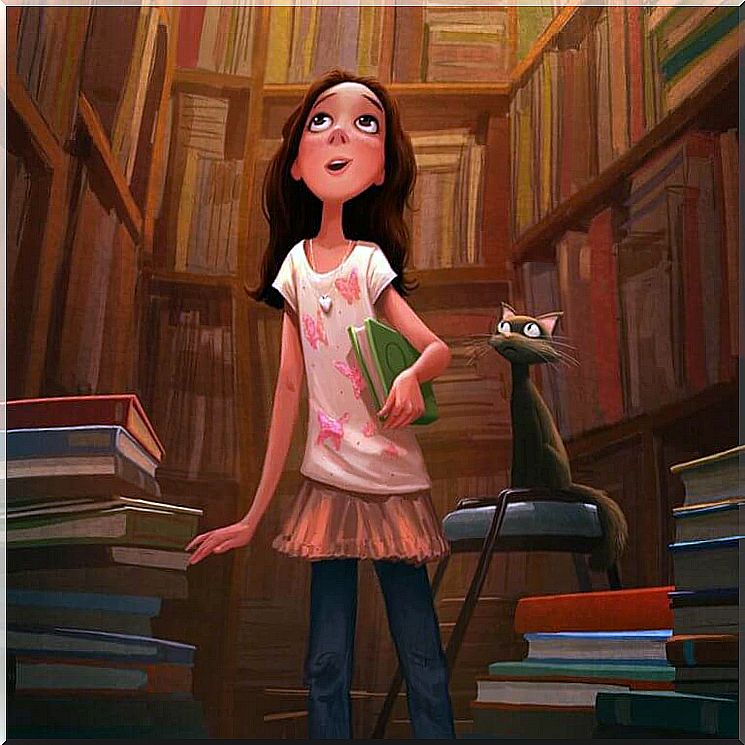
We are losing the pleasure of deep reading, and some of our children will be orphaned by this exceptional heritage. Immerse yourself in the most physical and wonderful bowels of a book in the traditional way: turn the pages, one by one, in a huge library or in the perfect silence of the night and in bed.
Let us not let disappear these habits, this heritage of the well-being and of the psychological, emotional and cultural richness of the human being which, whether we like it or not, make us better people.
Also read:
